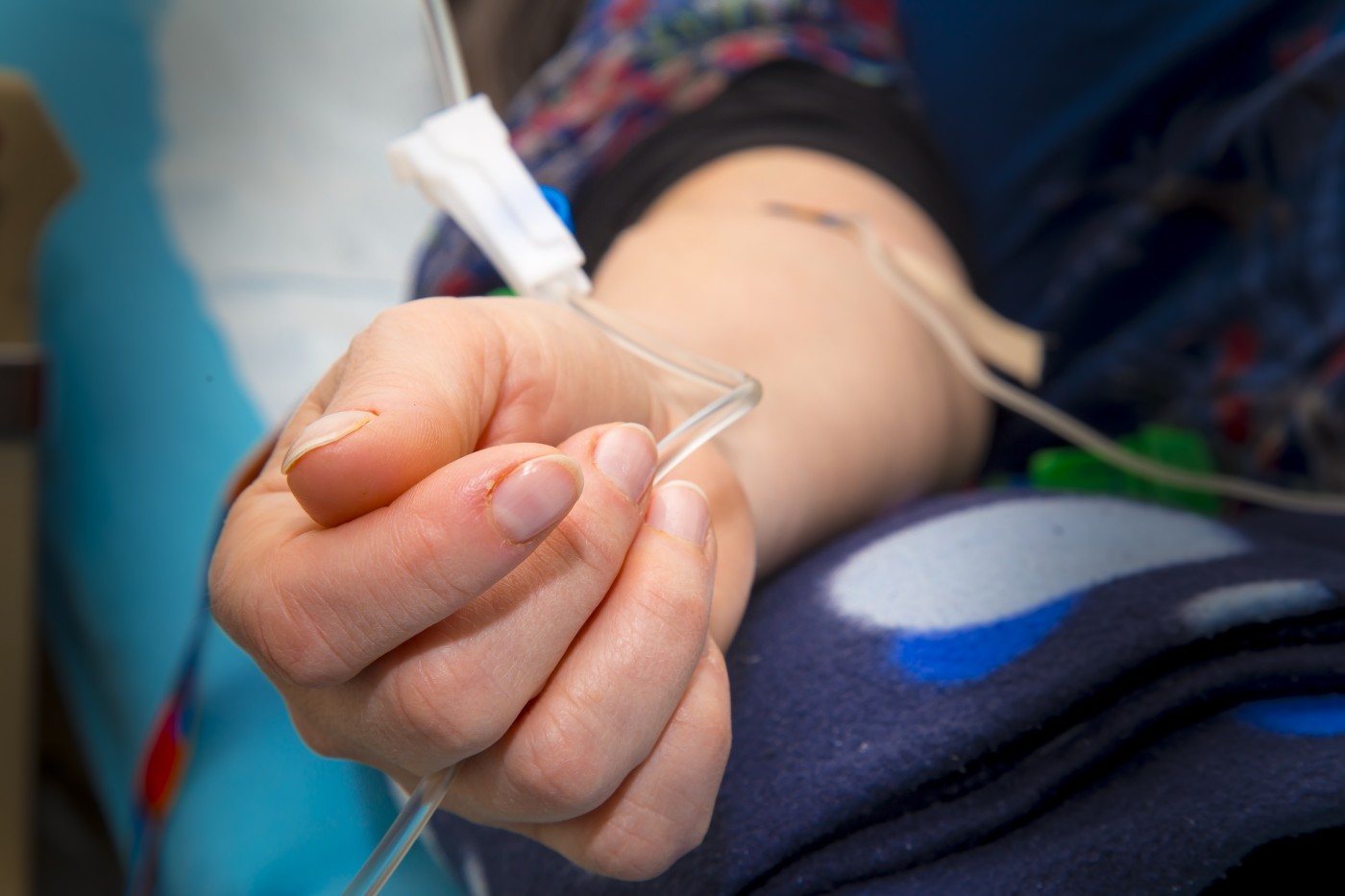Phase 3 Trials Evaluating Further Potential of 2 Treatments for Hemophilia A
Written by |

Interim results of Phase 3 clinical studies investigating two major challenges in hemophilia — the development of inhibitors (antibodies to the drug used to treat bleeding episodes) and the need for repeated venous injection of blood clotting protein Factor VIII (FVIII) — were recently released.
The results were presented by Octapharma USA at the Hemostasis and Thrombosis Research Society Scientific Symposium held in Scottsdale, Arizona.
Nuwiq — Octapharma’s human cell line recombinant FVIII — is a U.S. Food and Drug Administration (FDA)-approved intravenous therapy for patients with hemophilia A. This anti-hemophilic factor is indicated for on-demand treatment and management of perioperative bleeding episodes, as well as has a prophylaxis (preventive treatment).
The company reported preliminary data on its international, Phase 3 GENA-05 (NuProtect, NCT01712438) study. The research evaluated Nuwiq’s efficacy in preventing inhibitor development, or antibodies to treatment, in previously untreated patients. Overall, the study aims to determine the immunogenicity (the ability to cause an immune response) and the efficacy, safety and tolerability of Nuwiq over 100 exposure days (EDs), for a maximum period of five years from screening. The study is expected to finish in 2019.
Interim data was evaluated in 66 patients with at least 20 EDs, which is when the inhibitors are expected to arise. Of those people, 59 had FVIII gene mutations that could be analyzed. The researchers observed 47 patients with null mutations (mutant forms that do not generate RNA or a functional protein), 44 with high-risk mutations, and 1 with no mutation. Elevated concentration of inhibitors was observed in 8 of the 66 patients after 11.5 EDs. Five had developed low inhibitor concentration, of which four were transient. Two patients showed development of inhibitors after 20 EDs.
“This research is vitally important because there still remain major unmet medical needs for hemophilia A patients that can lead to significant morbidity,” Flemming Nielsen, president of Octapharma USA, said in a press release. “One is the high incidence of inhibitor development, which reduces the efficacy and effectiveness of FVIII therapies, leading to more frequent bleeding episodes.”
Octapharma is also studying the possible benefits of personalized prophylaxis in the frequency of Nuwiq’s dosing. In the GENA-21 (NuPreviq, NCT01863758) study, Nuwiq was initially administered three times per week or every other day in adults with hemophilia A. Subsequent dosing determinations showed a median dosing interval of 3.5 days, with 58% of patients with twice a week or fewer infusions.
To confirm the study’s data and to assess the benefit of individualized prophylaxis in previously treated patients, a multicenter Phase 3b study was initiated, GENA-21b (NCT02256917). Preliminary data in this ongoing trial show promise in leading to longer treatment intervals and lower FVIII requirement than in regular prophylaxis.
Currently, the median treatment interval with regular prophylaxis is 2.3 days, or three times per week. These results showed an increase to 3.5 days, leading to a recommended dosing frequency of twice per week or less in approximately 58% of patients. Moreover, the annual bleed rate was zero. Importantly, the data suggest a potential 21% decrease in FVIII consumption through personalized prophylaxis.
Octapharma also developed Wilate, which is FDA-approved for the treatment of spontaneous and trauma-induced bleeding episodes in patients with all types of von Willebrand disease (a genetic disorder caused by missing or defective von Willebrand clotting factor).
A Phase 3 study just getting underway, called WIL-27 (NCT02954575), will investigate the efficacy, safety, pharmacology and immunogenicity of Wilate in previously treated patients with severe hemophilia A. The study is currently recruiting up to 55 males ages 12 or older, in the U.S. and Europe. More information is available on its clinical trials.gov site.


